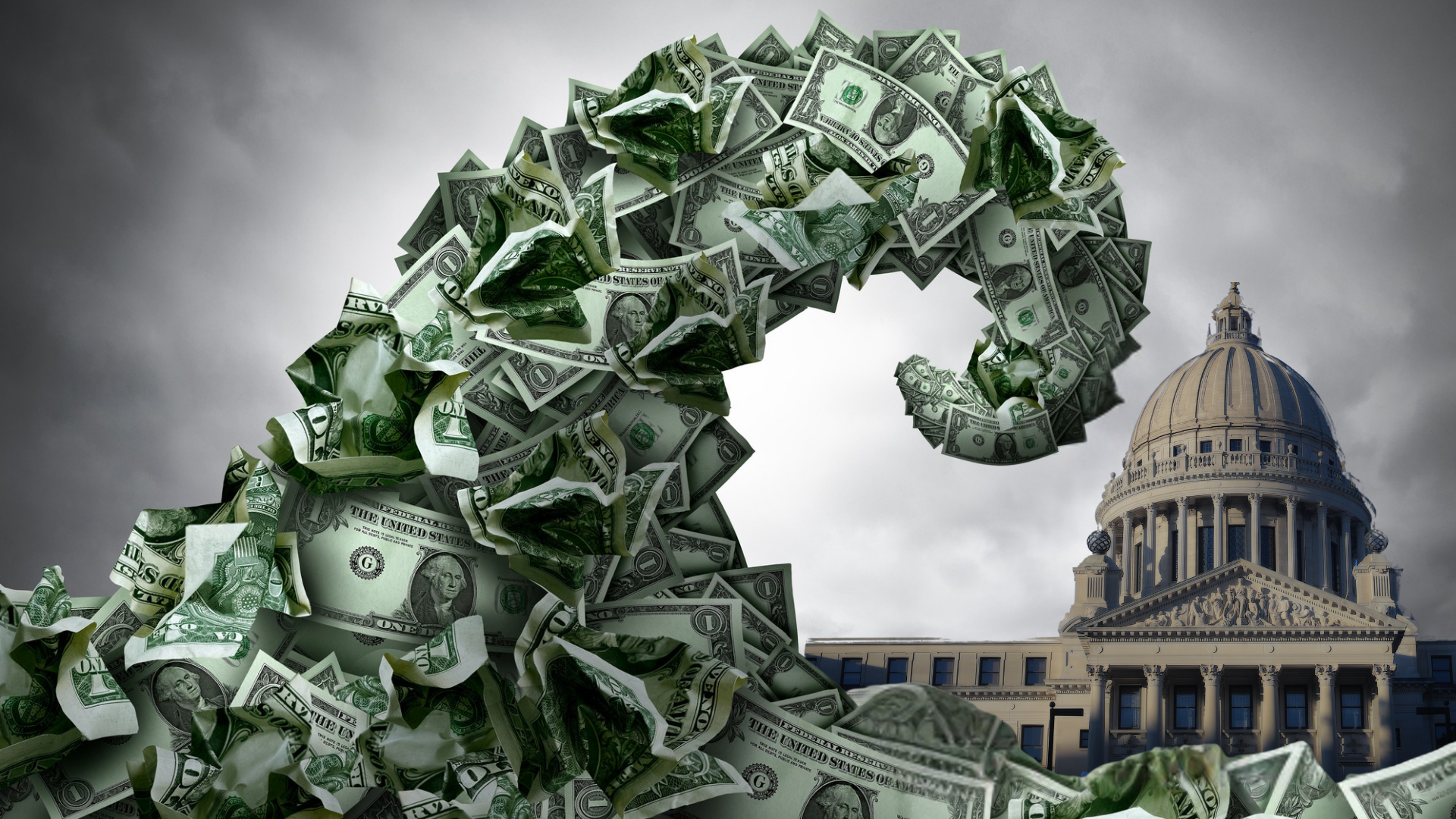This piece was originally published in Law 360.
Over the years, Washington state voters have rejected a proposed state income tax ten times. This includes the people overwhelmingly turning down four statewide initiatives and six proposed constitutional amendments. After repeated failures at the ballot box, income tax proponents have now turned their efforts to the state supreme court, in hopes of getting at least five of the nine justices to do something seven million Washingtonians won’t do; impose a state income tax on families and business owners.
Spearheading this effort are elected officials in Seattle. State law explicitly prohibits local governments in Washington from imposing an income tax, but the Seattle city council passed one anyway in July 2017. The city-imposed income tax was immediately challenged for violating state law. Among the attorneys fighting it are former state Attorney General Rob McKenna, former state Supreme Court Chief Justice Gerry Alexander and former state Supreme Court Justice Phil Talmadge.
So why are local income taxes illegal in Washington? The state constitution says that all taxes on property must be uniform and taxed at the same rate of no more than one percent. State courts have consistently ruled that income is property, so graduated incomes taxes are illegal in our state.
In addition, local taxation must be authorized by the legislature, and lawmakers have provided no authority for local officials to tax people’s income.
Not only has the legislature not granted the authority to tax income, in 1984 lawmakers passed a law expressly forbidding this type of tax. And in case there is any lingering confusion on this point, the state supreme court ruled in a 1951 case that, “It is no longer subject to question in this court that income is property.”
This common-sense finding that income is property is important because it means an income tax would need to follow the constitutional restrictions imposed on property taxes. Thus, as the state supreme court has repeatedly ruled, a graduated income tax is unconstitutional because property must be taxed uniformly and at no more than one percent of its value.
So why would Seattle officials enact an illegal income tax? The city wants a test case to overturn the prior income tax court rulings. Public records I have received from Seattle show that the true motivation for passing the local income tax was to push for a statewide income tax via a supreme court ruling.
As expected, on November 22, 2017 King County Superior Court Judge John Ruhl invalidated the city tax saying it was illegal under state law. Seattle immediately filed for direct review by the state supreme court, hoping to bypass the court of appeals.
The state supreme court is expected to decide whether to accept direct review of the case on January 10, 2019. We are hopeful the current justices will do the same thing their predecessors did unanimously in 1960.
On September 13, 1960 the state supreme court issued a unanimous one-page ruling with this sage advice: Don’t ask the court to reverse its numerous rulings prohibiting a graduated state income tax; instead seek to amend the constitution. That 1960 ruling is so timeless the justices today could simply re-issue this part of it when acting on the current Seattle income tax case.
That 1960 opinion said: “The argument is again pressed upon us that these [income tax] cases were wrongly decided. The court is unwilling, however, to recede from the position announced in its repeated decisions. Among other things, the attorney general urges that the result should now be different because the state is confronted with a financial crisis. If so, the constitution may be amended by vote of the people. Such a constitutional amendment was rejected by popular vote in 1934.”
The justices must have wanted to keep their 1960 ruling to just one page, otherwise they could have listed all the times Washingtonians have rejected a constitutional amendment to allow a graduated income tax.
The Seattle income tax is not the only effort to set up an income tax test case. Several state lawmakers are proposing to impose a stand-alone capital gains tax in Washington. Shockingly, they claim it is actually an “excise tax” and not an income tax. They seem unconcerned that the Internal Revenue Service clearly defines a capital gains tax as an income tax, as does every state revenue department in the country.
I believe proponents of the capital gains tax know their bill would create an income tax, but like Seattle officials, they hope to pass it and get sued. Then they want the state supreme court to overturn the state’s constitutional ban on a graduated income tax.
Losing ten popular votes in a row may be frustrating for income tax proponents, but as the 1960 state supreme court pointed out, that does not mean you should ask judges to change the rules of the game. Instead, respect for democracy requires a constitutional amendment to impose a graduated income tax in Washington state, something the voters have repeatedly made clear they do not want.
This piece was originally published in Law 360.





